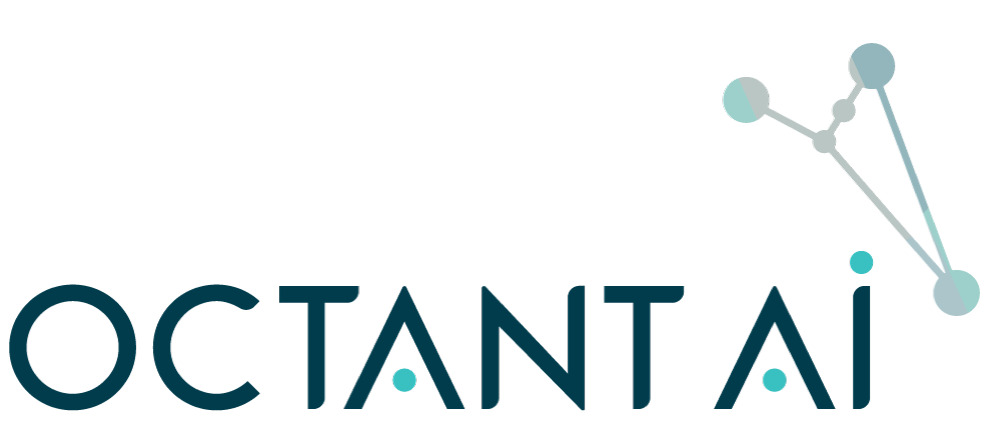Major projects have always been managed and delivered through a logic-based approach, but is it time we start approaching projects in a science-based manner?
It’s the first step to recovery – admitting there is a problem – and that is the stage that the major projects industry is at. We realise we have an incomplete understanding about the way we should or could manage projects. We know that the logic of a group of individuals, no matter how intelligent or experienced, has a limit. A limit which will differ depending on who is involved, what their previous experience has been and what their personal biases are. Regardless, we are always limited by human capability.
If we are basing the management of a major project on logic, then we are driven by our personal opinion of here is the logic by which this will work, based on my knowledge and my experience. Different project managers will have different methodologies for delivery, each of which have different benefits and succession value factors. We all approach projects based on the experience of our career. We’ve been involved in many debates about which methodologies are most productive and efficient, but we’ll constantly be debating, because the fact of the matter is that these different methodologies are immeasurable. No two projects are the same, and therefore we will never have a constant variable in which we can compare the different approaches to project management.
However, if we have a slightly different outlook, such that the project management industry was more aligned with science, and the decision process that drives that science, then we would have an approach that was measurable and an outcome that was predictable.
So, how do we achieve a science-based approach to project management?
Science is all about a hypothesis and data, data which proves or disproves a hypothesis. Historically, we have had no way of testing this because the complexity of project delivery means that it’s near impossible to have a placebo, and therefore it becomes very difficult to test and measure project methodologies and outcomes. However, we face a new era – the era of artificial intelligence and machine learning – which is an emergence of opportunity to test, measure and predict in a way that has never been possible until now.
Artificial intelligence gives us greater insights that are more accurate and provided earlier than is humanly possible to support decision making. It provides us with context around decision making and multiplies our human experience by the data of project management and delivery of thousands of projects worldwide. If we are able to truly know the most efficient way of delivering a project based on historical evidence that is further supported by machine learning, we can make outcome-driven decisions throughout the entirety of the project.



